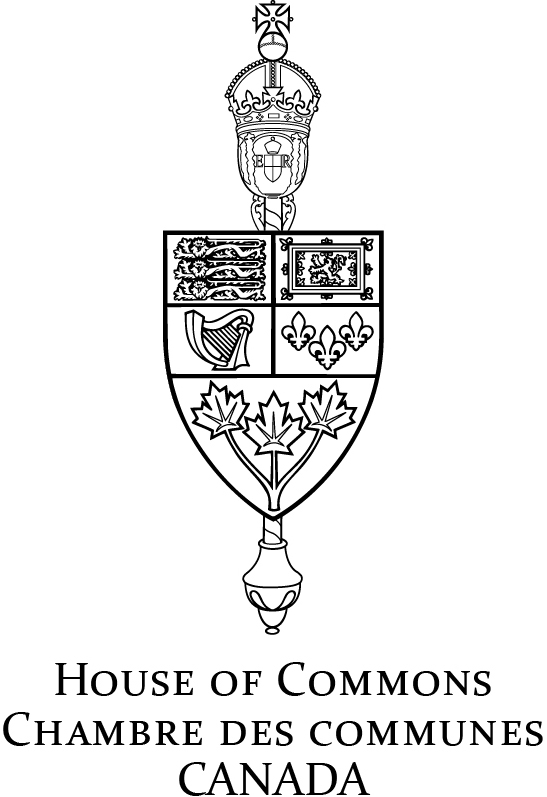SRSR Committee News Release
If you have any questions or comments regarding the accessibility of this publication, please contact us at accessible@parl.gc.ca.
Standing Committee on Science and Research |  | Comité permanent de la science et de la recherche |
For immediate release
NEWS RELEASE
The Distribution of Federal Government Funding Among Canada's Post-Secondary Institutions
Ottawa, December 05, 2024 -
Today, the House of Commons Standing Committee on Science and Research tabled a report entitled Distribution of Federal Funding Among Canada’s Post-Secondary Institutions in the House of Commons. This is the committee’s twelfth substantive report of the first session of the 44th Parliament.
Each year the Government of Canada spends around $4.5 billion to support research at post-secondary institutions across the country. This funding includes grants for researchers, scholarships for students, research support funds for institutions, and programs to improve research infrastructure. Most of this funding is awarded through competitions run by the three granting agencies: the Social Sciences and Humanities Research Council (SSHRC), the Natural Sciences and Engineering Research Council (NSERC) and the Canadian Institutes of Health Research (CIHR), as well as by the Canada Foundation for Innovation (CFI).
Based on the evidence heard, the Committee learned that federal research funding is concentrated in Canada’s largest universities: nearly 80% of federal funding goes to 15 universities, which together represent 52% of Canadian researchers and 59% of graduate students. Meanwhile, colleges receive only 2.9% of the total funding awarded by the three granting agencies.
Witnesses before the committee discussed the consequences and impacts of this funding distribution on research, post-secondary institutions, researchers and students. The issues they raised included the capacity of small and medium-sized institutions and colleges to conduct research, the ability of students to study in their home region, the accessibility of higher education for Canadians, and the impact on research done in French. Witnesses discussed a series of challenges and possible solutions to provide balanced funding for research support.
The Committee held six public meetings as part of its study. It heard from 33 witnesses. Witnesses included university and college officials, faculty and student representatives, individual experts and officials from the three granting agencies. It also received 50 briefs from stakeholders.
Reflecting the evidence received by the Committee, the report contains 13 recommendations to the Government of Canada. Of note, the Committee recommends reviewing the funding criteria used by the granting agencies and the Canada Foundation for Innovation and abandoning criteria based on past grant amounts awarded in order to avoid penalizing small and medium-sized post-secondary institutions. The Committee also recommended that the granting agencies look at the composition of review committees evaluating funding applications and improve unconscious bias training in order to avoid penalizing post-secondary institutions based on their size or region. The report also includes recommendations to better support collegial research and francophone research.
“On behalf of the Committee, I want to thank all the witnesses who shared their knowledge and expertise with the Committee,” stated Valerie Bradford, Chair of the Committee. She added: “Looking at the way federal research funding is allocated among postsecondary institutions across Canada is important to make sure we leverage the strengths of the entire Canadian research ecosystem.”
The report can be consulted on the committee’s web page on the Parliament of Canada website.
|